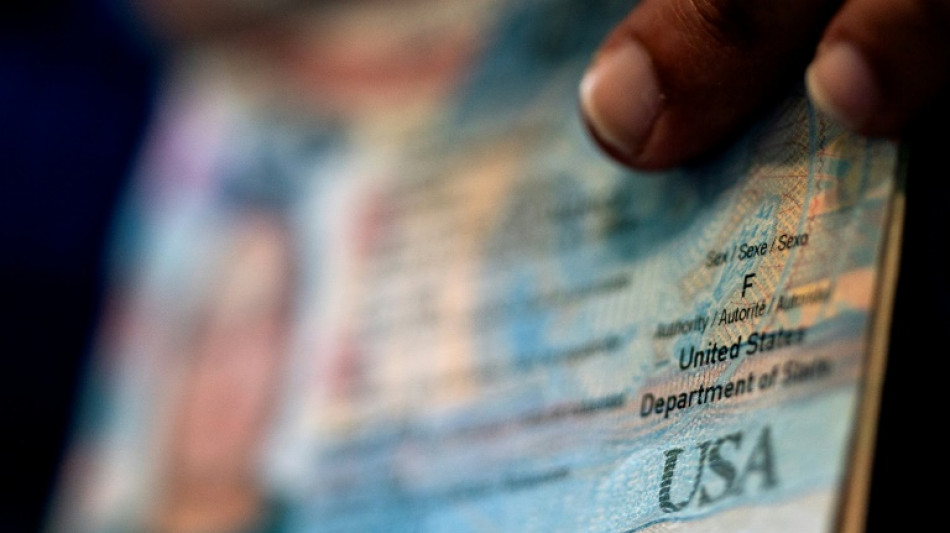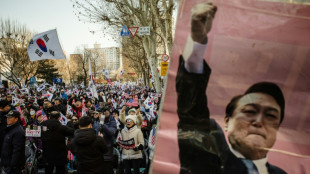

Federal judge blocks Trump bid to restrict birthright citizenship
A federal judge on Thursday put a temporary block on US President Donald Trump's attempt to restrict birthright citizenship.
The ruling imposes a 14-day halt on the enforcement of one of the most controversial executive orders Trump signed in the hours after he was sworn into office for a second term.
"This is a blatantly unconstitutional order," US District Judge John Coughenour was reported as saying during the hearing in Washington state.
"I've been on the bench for over four decades, I can't remember another case where the question presented is as clear as this one is," said Coughenour, who was appointed by a Republican president, Ronald Reagan.
Birthright citizenship is fundamental to America's national identity, with the 14th Amendment to the US Constitution decreeing that anyone born on US soil is a citizen.
It says, in part: "All persons born or naturalized in the United States, and subject to the jurisdiction thereof, are citizens of the United States and of the State wherein they reside."
Trump's order was premised on the idea that anyone in the US illegally, or on a visa, was not "subject to the jurisdiction" of the country, and therefore excluded from this category.
An incredulous Coughenour chided Justice Department attorney Brett Shumate over his assertion that Trump's order was constitutional.
"Frankly, I have difficulty understanding how a member of the Bar could state unequivocally that this is a constitutional order," Coughenour said.
"It just boggles my mind."
The ruling comes after a flurry of lawsuits filed by 22 states, two cities and numerous civil rights groups.
It was hailed by states that took part in those legal actions.
"No president can change the constitution on a whim and today's decision affirms that," Arizona Attorney General Kris Mayes said.
The ruling is "the first of many wins to come as my office fights instances of executive overreach and any illegal actions the new administration may take."
Washington Attorney General Nick Brown said Trump's order was "un-American."
"Birthright citizenship makes clear that citizenship cannot be conditioned on one's race, ethnicity or where their parents came from," he said after the ruling.
"It's the law of our nation, recognized by generations of jurists, lawmakers and presidents, until President Trump's illegal action."
Trump's opponents have argued that the 14th Amendment, which was ratified in 1868 as the United States sought to knit itself back together after the Civil War, has been settled law for over a century.
They have cited an 1898 US Supreme Court ruling in the case of a San Francisco-born Chinese American man called Wong Kim Ark.
Wong was denied entry back into the United States after visiting relatives in China on the grounds that he was not a citizen.
The court affirmed that children born in the United States, including those born to immigrants, could not be denied citizenship.
E.Scholtes--LiLuX



